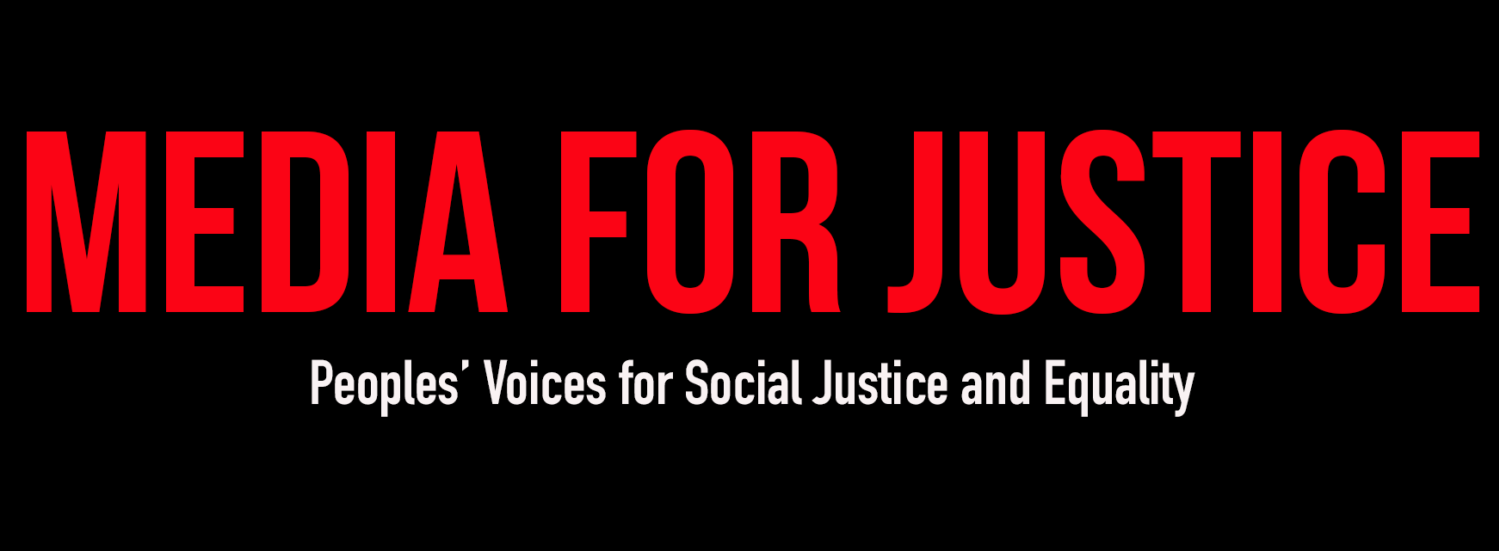By: Gillian Schutte
Category: Articles
Liberals Are Not Leftist: Navigating the Absurdity of Contemporary Political Confusion.
By Gillian Schutte The nexus of contemporary political ideologies presents a postmodern paradox, where traditional distinctions between left, right, and liberal ideologies have become increasingly blurred. Nowadays, it’s common to see liberals…
The Intersection of Suicide and Self-Immolation as acts of protest: The case of Kai Singiswa and Aaron Bushnell.
By Gillian Schutte. As the mother of a teenage boy who tragically took his own life after being wrongfully accused and subsequently cancelled by his peers, and in light of the recent…
Neoliberalism, Slow Genocide and South Africa’s Performative Activism.
By Gillian Schutte In the socio-economic landscape of South Africa, the impact of neoliberal economics is tantamount to a form of “slow genocide” against the dispossessed majority, argues Gillian Schutte. Examining policies…
Dropping Bombs and Casual Genocide Promotion in South Africa
By Gillian Schutte. Persistent racial tensions and instances of race-based violence continue to afflict South Africa, revealing profound challenges in achieving genuine equality. Helen Mc Murtrie’s recent comment on the “NELSPRUITERS” Facebook…
Msholozi’s Use of uMkhonto-WeSizwe: Navigating the Symbolic and Political Terrain.
Sipho Singiswa’s article explores the nuanced perspectives on the symbolic and political implications of the use of the name uMkhonto Wesizwe by Jacob Zuma’s new party. In a landscape marked by factionalism and the emergence of the MK party, we examine whether the focus on the name is a distraction or a crucial element in the larger narrative of South Africa’s political evolution.
Questions to Sadhguru on the Gaza Genocide.
Dear Sadhguru, Given your willingness to comment on multiple worldly topics, why have you refused to address the injustice faced by the Palestinian people under Israeli apartheid? Why have you never commented…
Soul Technology -The Akashic Records.
By: Gillian Schutte WHAT ARE AKASHIC RECORDS? Contrary to the cynical approach that Akashic records are “new-age quackery”- they are in fact very much part of ancient epistemology recorded in the Vedic…
The unbearable nonchalance of being.
By: Lavi Ramphomane In the 21st century, people have more mass communication tools and a bigger audience to make their voices and thoughts heard. This is all thanks to social media platforms….
